How Does Levothyroxine Work?

-
Taking levothyroxine helps to maintain normal thyroid hormone levels if your body doesn’t make enough thyroid hormone.
-
Thyroid-stimulating hormones (TSH) stimulate thyroid cells to make T4 and T3 and release them into the bloodstream to maintain normal thyroid status.
-
On the other hand, the hypothalamus produces a thyrotropin-release hormone (TRH) that, in turn, stimulates the secretion of TSH. When circulating thyroid hormones are high, the release of TRH and TSH is stopped.
If you have been prescribed levothyroxine to treat hypothyroidism (underactive thyroid gland), you may be wondering how this medication works. Levothyroxine is a synthetic form of the thyroid hormone thyroxine (T4). It provides thyroid replacement in people who don’t make enough thyroid hormone. Please keep reading to learn more about how levothyroxine therapy helps to treat your thyroid disease.
Understanding the thyroid gland, thyroid hormones, and thyroid stimulating hormone
Thyroid gland
The thyroid gland is a butterfly-shaped gland in the neck that makes two main iodine-containing hormones - thyroxine (T4) and triiodothyronine (T3). These hormones play a crucial role in regulating many important processes in the body, including metabolism, brain development, and growth.
Regulation of thyroid hormones
Normally, the secretion of thyroid hormones by the thyroid gland is regulated by the hypothalamic-pituitary-thyroid (HPT) axis. The hypothalamus and pituitary gland are parts of the brain that secrete hormones. These hormones control thyroid hormone production through a negative feedback system.
When there are low levels of thyroid hormones (T4 and T3) in the body, the hypothalamus releases thyrotropin-releasing hormone (TRH), which causes the pituitary to release thyroid-stimulating hormones (TSH). TSH stimulates thyroid cells to make T4 and T3 and release them into the bloodstream to normalize thyroid status.
When circulating thyroid hormones T4 and T3 are high, the release of TRH and TSH is stopped. This negative feedback mechanism results in a decreased production of thyroid hormones.
T4 and T3
The main hormone made by the thyroid gland is T4. However, T3 is more metabolically active in terms of effects on cells in the body. Plasma proteins such as thyroxine-binding globulin, transthyretin, and thyroxine-binding prealbumin transport T4 to tissues throughout the body, where it is converted to T3. Approximately 80% of the body’s requirement of T3 comes from the conversion of T4 to T3 by peripheral tissues.
What is the mechanism of action of levothyroxine?
According to the American Thyroid Association, levothyroxine sodium is a synthetic version of the natural T4 hormone produced by the thyroid gland in the body. It has the same effect on the body as natural T4 thyroid hormone. Therefore, taking levothyroxine tablets by mouth helps to maintain normal thyroid hormone levels if your body doesn’t make enough thyroid hormone.
Approximately 40-80% of levothyroxine oral tablets are absorbed from your gastrointestinal tract, the majority from the jejunum and upper ileum (middle and last parts of the small intestine).
The presence of food in the stomach also interferes with levothyroxine’s absorption. Levothyroxine doses are calculated using actual body weight. Therefore, levothyroxine dosage may vary among people.
What happens to your body when you start taking levothyroxine?
Your body achieves normal circulating levels of thyroid hormones when you take levothyroxine. Levothyroxine tablets are biologically equivalent to the natural thyroid hormone thyroxine (T4). The goal of thyroid hormone replacement therapy is to normalize thyroid function and establish normal serum hormone levels. Find out “How Long Does It Take for Levothyroxine to Work?”
How do you know if levothyroxine is working?
Levothyroxine is used to treat hypothyroidism. Taking levothyroxine exactly as prescribed is crucial to treating this condition effectively. Levothyroxine works to maintain a normal range of thyroid hormone levels in the body, so you will notice an improvement in hypothyroidism symptoms.
You will know levothyroxine is working when you obtain relief from symptoms of hypothyroidism, such as fatigue, weight gain, constipation, dry skin, thinning hair, menstrual irregularities, depression, cold intolerance, joint and muscle pain, and slowed heart rate. Check out: “What Are Some Signs My Thyroid Medication Is Not Working?”
Note: People with subclinical hypothyroidism may not need levothyroxine treatment. This refers to evidence of hypothyroidism on thyroid function tests without clinical symptoms of hypothyroidism.
How to take levothyroxine?
Your doctor will begin treatment with a lower starting dose and gradually increase the dose of levothyroxine. They will order blood tests and adjust your levothyroxine dose based on serum TSH level and symptom relief. If a lower dose is not helping your symptoms, they may increase the dose.
Try to take your dose of levothyroxine regularly at around the same time every morning on an empty stomach. If you miss a dose of levothyroxine, take it as soon as you remember. However, if it is almost time for the next dose, skip the missed dose and go back to your regular dosing schedule. Do not take extra medicine or a double dose to make up for a missed dose.
What is the downside to taking levothyroxine?
Levothyroxine dosage
Levothyroxine is a narrow therapeutic index drug, meaning small changes in levothyroxine doses can cause therapeutic failure or severe adverse effects. In other words, a slight increase or decrease in your thyroid medication can either cause failure of hypothyroidism treatment or worsen side effects. Therefore, it is important to take the dose of levothyroxine exactly as stated on the prescription label.
It can take time to find the correct dose of levothyroxine that replaces thyroid hormone without causing side effects. Your primary care physician or clinical endocrinologists will order regular blood tests to assess thyroid function and ensure thyroid stimulating hormone (TSH) levels are in the goal range.
Levothyroxine interactions
Certain malabsorption syndromes (disorders that affect your ability to absorb nutrients and medications from the gut) as well as food and drug interactions, can affect the absorption of oral levothyroxine.
Foods such as soybeans, dietary fiber, and walnuts can decrease the bioavailability of levothyroxine. Other medications, including birth control pills, beta-blockers, proton pump inhibitors, and many others, as well as dietary supplements like calcium carbonate and iron supplements, can affect how well your thyroid medication works. Find out “Foods to Avoid When Taking Levothyroxine.”
Levothyroxine is most commonly prescribed in tablet form but is also available in gel capsule and liquid forms. The liquid medicine is better absorbed than the oral tablets and is less likely to have food and drug interactions.
Levothyroxine side effects
Side effects of levothyroxine include weight changes, appetite changes, headache, vomiting, diarrhea, menstrual cycle changes, heat intolerance and sweating, joint pain, muscle cramps, and hair loss.
More serious adverse effects include allergic reactions. You should seek immediate medical attention if you develop signs of an allergic reaction, such as skin rash, hives, itching, chest pain, shortness of breath, difficulty breathing, wheezing, or swelling. Check out our blog to learn “What Are the Long-Term Side Effects of Levothyroxine?”
Call the National Poison Control Center at 1-800-222-1222 or seek emergency medical attention in case of a levothyroxine overdose.
Co-existing health conditions
Levothyroxine may not be safe for people with certain health conditions, such as adrenal insufficiency, diabetes, cardiac disease, anemia, bleeding problems, porphyria, osteoporosis, pituitary gland disorders, swallowing problems, kidney disease, or liver disease.
Levothyroxine warnings
Levothyroxine can treat hypothyroidism and may cause a modest amount of weight loss. However, it should not be used to treat obesity. The usual prescribed doses of levothyroxine (for example, 75 mcg, 100 mcg, 125 mcg) do not result in weight reduction in people with normal thyroid function. High doses and a high serum concentration of levothyroxine can cause serious adverse effects such as an irregular heartbeat.
Save on Your Thyroid Medications with BuzzRx!
Manage your thyroid medication costs with BuzzRx coupons. Here are direct links to substantial savings for each medication:
Remember, these coupons are widely accepted at over 60,000 pharmacies, including major chains like CVS, Walgreens, and Rite Aid. Just present your coupon at the pharmacy to ensure you're getting the best possible price.
References:

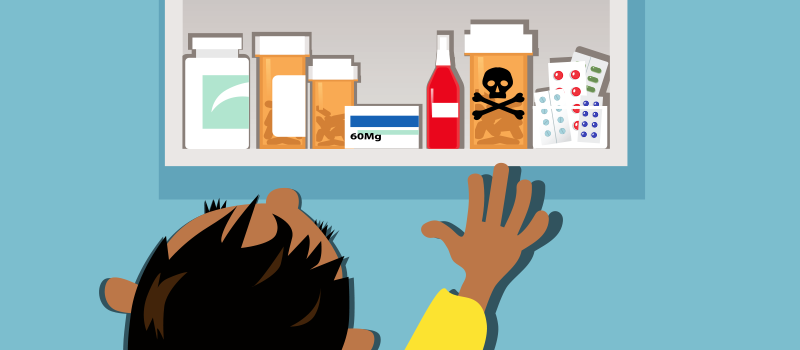
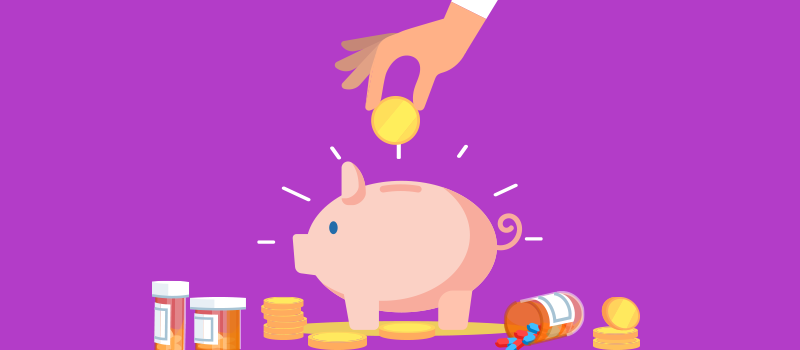
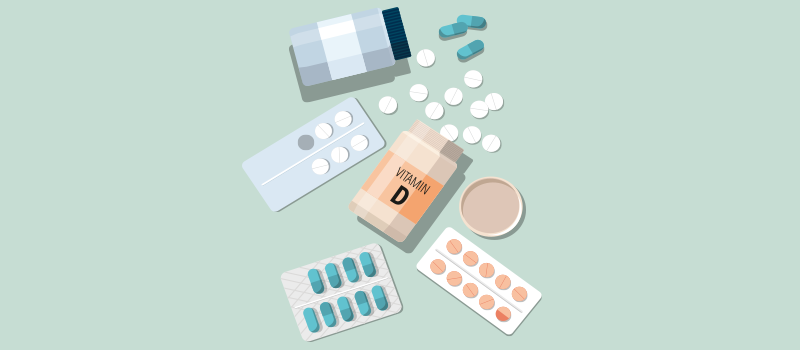

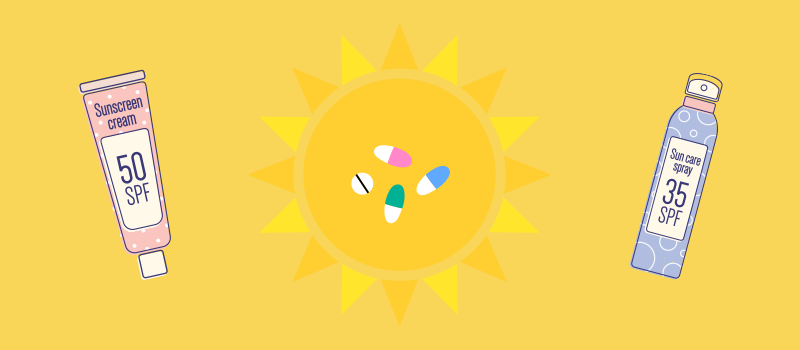



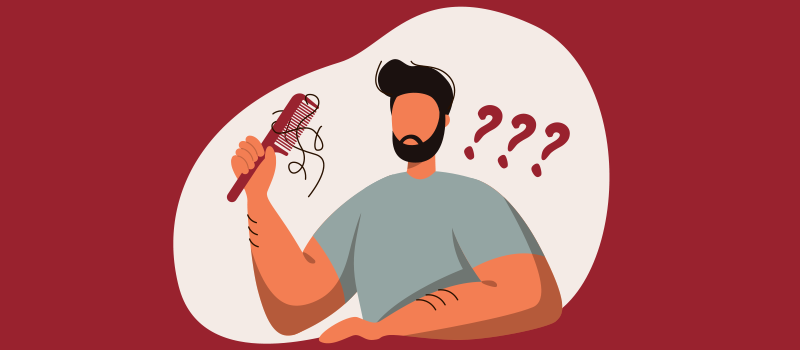

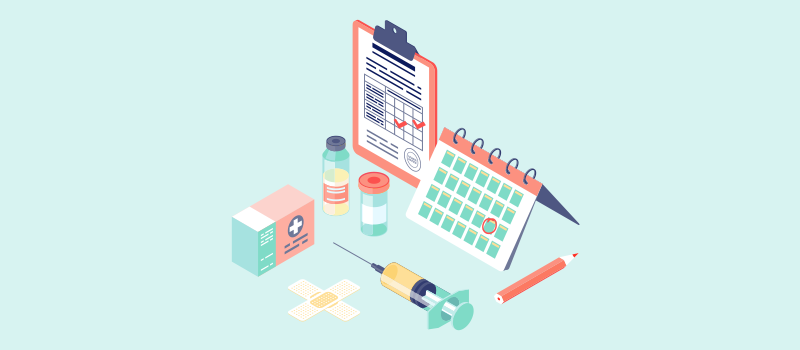
SOCIAL